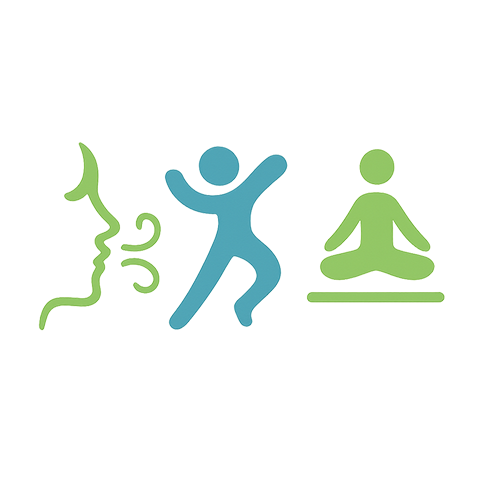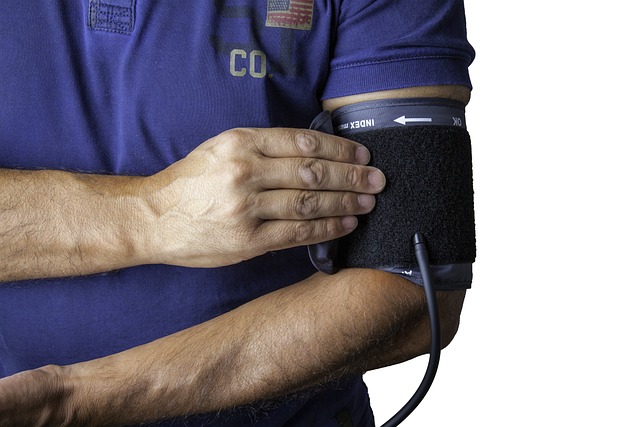Understanding the Causes of an Elevated Heart Rate in Cardio Health
Feeling your heart race unexpectedly can be unnerving. Increased heart rate, especially when it feels sudden or out of place, often raises concerns about one’s cardio health. It’s important to recognize that our heart’s rhythm and rate can be influenced by a variety of factors—both physical and emotional—that we encounter every day.
First, consider the natural triggers. Physical activity is a primary driver: when you exercise, your muscles require more oxygen, prompting your heart to pump faster. This increase in heart rate is a healthy, expected response to maintain energy and endurance. Likewise, heat and humidity can elevate your pace, straining your cardiovascular system as it works harder to cool down the body.
Stress and anxiety play a significant role, too. Emotional distress triggers the release of stress hormones like adrenaline, which prepares your body for “fight or flight.” This hormonal surge temporarily accelerates your heart rate, sometimes catching you off guard during moments of worry or excitement.
Medications and stimulants—such as caffeine, nicotine, and certain prescription drugs—can also cause a noticeable increase in heart rate. For example, many experience an accelerated pulse after a strong cup of coffee or after smoking. These substances directly influence the nervous system, prompting the heart to beat faster.
Underlying medical conditions should not be overlooked. Arrhythmias, thyroid disorders, infections, or anemia can lead to a sustained elevated heart rate that may indicate a need for medical evaluation. For those with pre-existing cardio health concerns, an increased heart rate might be a warning sign to adjust treatment or lifestyle habits.
Understanding these common causes can help you differentiate between normal fluctuations and instances that require professional attention. Listening to your body, noting when and how quickly your heart races, and identifying potential triggers is the first step toward managing your cardio health effectively.
Remember, an increased heart rate is not inherently dangerous, but it shouldn’t be ignored if it becomes frequent or severe. Proactively caring for your cardiovascular system—through balanced exercise, stress management, and routine check-ups—empowers you to maintain a steady, healthy rhythm that supports your wellbeing every day.




